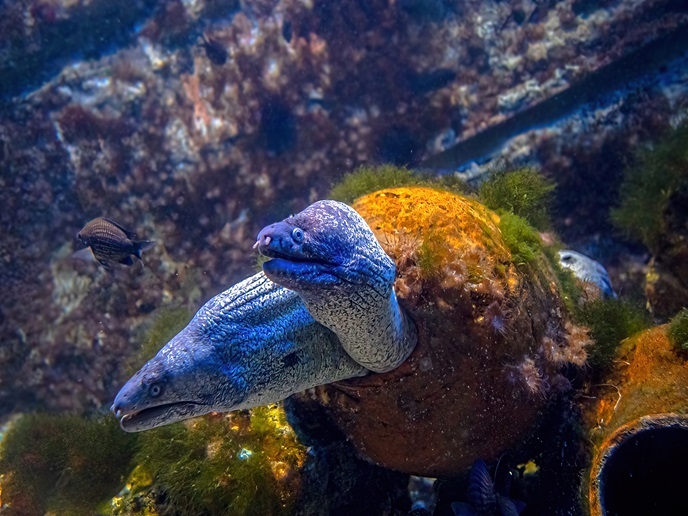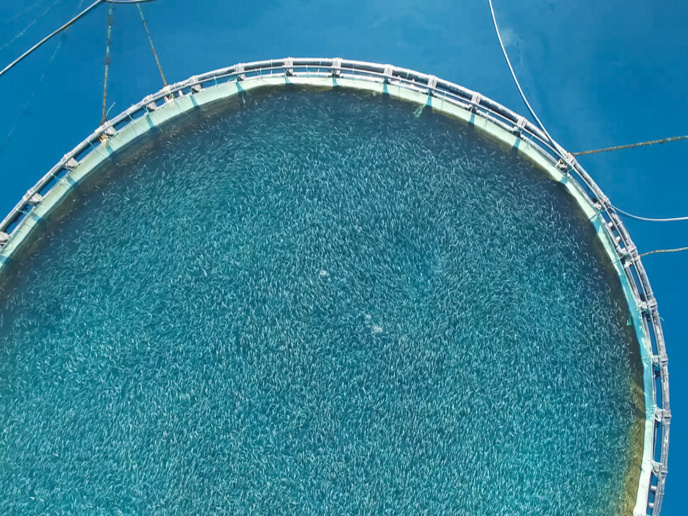EU initiative fights invasive species on their home ground
Invasive insect species have a significant impact on European agriculture and ecosystems and so need to be detected and controlled. Therefore, the EU-funded ASCII (Ameliorating the sustainable control of invasive insects) project investigated sustainable strategies for controlling two of Europe’s main invasive agricultural pests, TB and SWD. The goals were to strengthen links among researchers from different disciplines, and integrate updated and refined techniques for characterising the populations and detecting different stages of each pest and its natural enemy. EU and international scientists worked with local farmers and stakeholders from TB and SWD’s native areas in order to limit the insects’ introduction, establishment and spread in Europe. Scientists surveyed the native areas of TB and SWD to identify possible biocontrol agents. A study conducted into pesticide resistance with partners from Argentina and Brazil (TB) and China (SWD) was considered critical due to the rapid emergence of resistant strains. The consortium also included institutions from the United States with extensive knowledge of invasive pests and integrated pest management (IPM). A series of exchanges of personnel between research institutes facilitated the exchange of scientific knowledge and skills, which were crucial to the project’s success. The bulk of the training took place in China and was particularly fruitful with regard to the collection, rearing and characterisation of biocontrol agents, enabling a constant delivery of fresh material for study in all the countries involved. Visits from Brazil to Italy were particularly successful to train young researchers on the most updated methods for the characterisation of volatile organic compounds involved in the foraging behaviour of insect parasitoids. ASCII organised two workshops, one for each target pest, and involved the wholesale participation of farmers and other stakeholders. Farm visits were also conducted to build bridges between scientists and those working in agriculture. The TB workshop focused on pesticide resistance, whilst the one for SWD focused on an IPM approach for sustainable control. The result was the identification of eight new parasitoid species from native areas of SWD and the formation of a network for the collection, rearing, risk assessment and importation of biocontrol agents.







